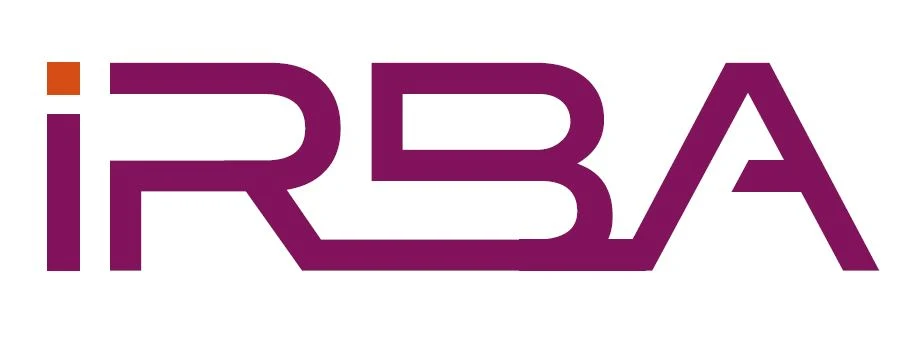Keywords: hackers, threats, technology, natural disasters, internal systems, legal liabilities, company branding, compliance needs, risk exposure
Risk management is the process of identifying, assessing, response, and monitoring of threats to a company’s overall position in the marketplace and – ultimately – their total earnings. Risk comes from a range of sources, including technology, natural disasters, internal systems, legal liabilities, company branding, compliance needs, and more. Assessing them is crucial to every company, as visibility into weak points in processes or systems allow businesses to make informed decisions about where to invest in near-term decision-making while also preparing for long-term success. Identifying areas of risk exposure and creating robust plans to reduce issues is a significant exercise that positions businesses well in their strategic planning and keeps unexpected costs in check.
What are the Biggest Challenges in Risk Management Today?
Currently the top challenges in risk management are ESG risks that include climate, social, and regulatory issues, ongoing concerns about the global supply chain, plus the ever-present fraud, tech, and systems risks.
- ESG: ESG risks are environmental, social, and governance-related risks that may influence a company. There are a lot of elements that fall into ESG, including climate change impacts and mitigation, environemnt practices, employee working and safety conditions, a company’s anti-bribery and corruption practices, and an organization’s overall compliance regarding industry-specific laws and regulations. When assessing and evaluating risk in this context, it’s useful to recall that every problem may also hold an element of opportunity. For example, the IMF reported in 2024 that sustainability initiatives are a growth area in Asia. In addition, Fast Company shared that in 2021 ESG investments hit an all-time record at an estimated $120 billion – more than double the 2020 $50 billion commitments.
- Supply Chaim Issues: COVID’s disruption to the global suppl chain continues to impact a range of industries. Marketplace reported on why industries are still facing snarls. Risk assessors need to factor in what those supply issues mean for them. It’s good for businesses to understand if high-priority assets for their business have outside dependencies, and to build back-up plans. What remains very clear: Supply chain risks aren’t going away any time soon.
- Fraud Concerns: Those supply chain gaps seem to have created holes that fraudulent companies are quick to fill. There has been deceit regarding PPE gear since COVID first emerged, and it continued into 2022. The New York Times reported on how consumers could find quality KN95 masks due to the prevalence of counterfeits. Due to an early outpouring of governments assistance during the COVID outbreak in various countries, there was an increase in loans and loan forgiveness. Some scams pose as government agencies offering aid, and the FTC has a list of warning signs to look out for if your business has been approached with unsolicited outreach. It was recommended that companies conduct fraud risk assessments, and review for both external and internal fraud.
- Cyber Risk: Cyber risk is always top of mind when prioritizing issues amongst the many challenges facing risk management. The COVID pandemic has exacerbated issues, with a mostly remote workforce for many companies. This has elevated risk due to less device control and increased points of potential exploitation resulting from at-home assets being used by employees. As Forbes reported, work-from-home employees are at greater risk of hacking than those in offices. Home connections are less secure, and the increase of online tools for team collaboration and productivity often have minimal login security settings. The prominence of remote teams has also slowed the roll-out of new technologies, which could expose companies to more security gaps.
- Inadequate Processes: Companies’ risk assessments programs need to go beyond a standard checklist. It’s crucial to review the basics, but risk management must also suss out gaps and uncover information that teams are missing – working to determine what they don’t yet know. Businesses must ensure that their risk assessment processes take into account steps to investigate and probe for the potential concerns they aren’t aware of yet, enabling them to uncover every issue.
Erroneous modelling, underestimating issues, or struggling to communicate concerns, are some of the most frequent challenges facing risk management decisions. Communication is also an issue. When risk managers struggle to communicate priority information from risk assessments to senior management effectively, the information is not properly used. Management may make decisions with inadequate information, or take a mistakenly optimistic position on an issue, because they don’t have a full picture of the situation.
Dr Pete Mhlanga
MD, MCTG Consulting
PhD Law,
Harvard Professional & Executive Development
LLM (Public International Law)
LLB (Company Law, Tax Law and Employment Law)


